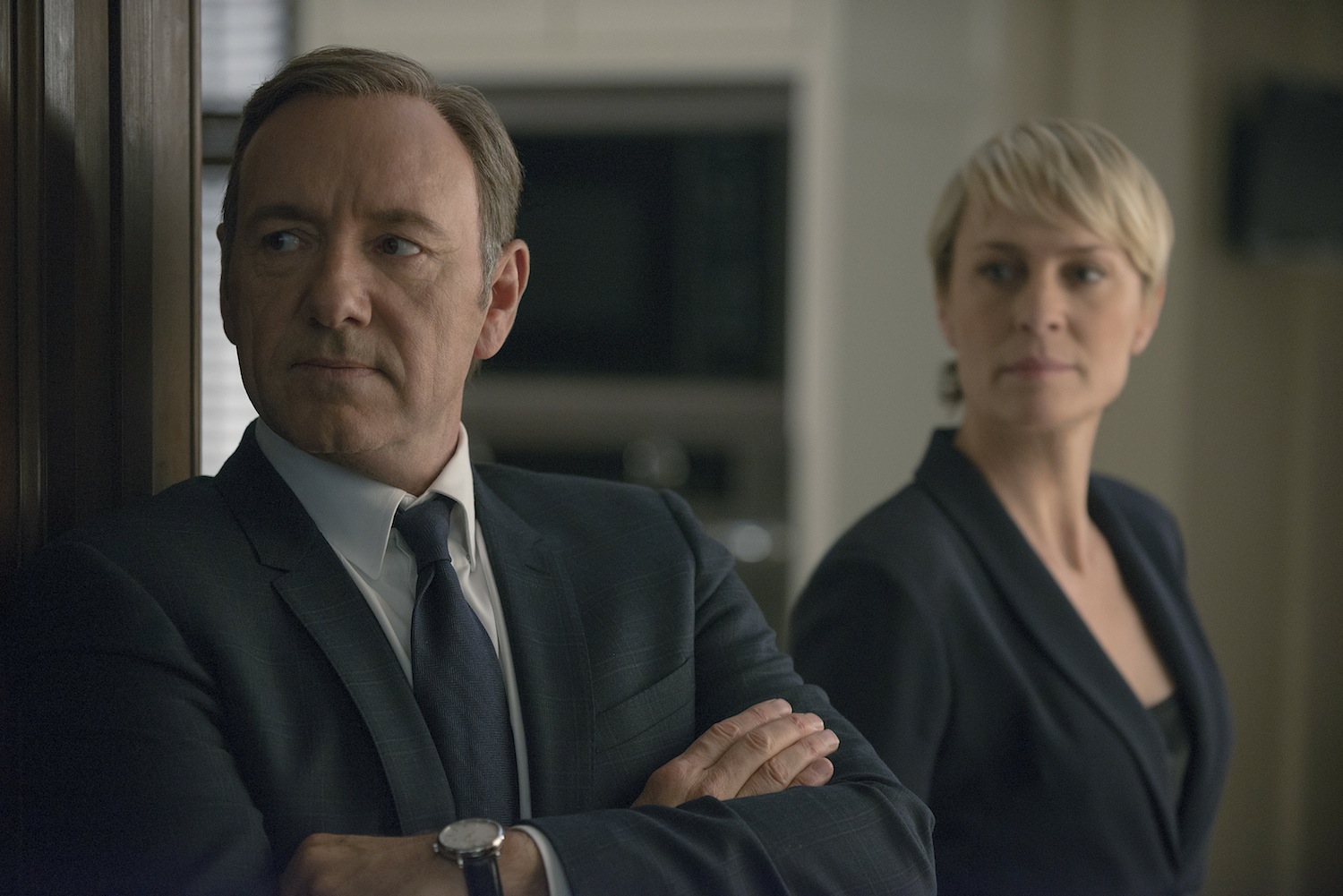
Every technological advancement that’s arrived for television over the last three decades or so has sounded another death knell for the concept of “appointment viewing” — that is, actually having to sit down and watch TV at a particular time. The debut of the video cassette recorder alone meant that viewers were no longer beholden to network schedules if they wanted to watch their favorite shows — they could simply record them and watch them whenever they wanted (with today’s VCR descendant, the DVR, you can even ensure that your shows get recorded without even having to check a schedule).
As technology marched on, so it seemed that television fit into our busy schedules more and more. You missed a show altogether when it was on? That’s okay: you can buy the DVD box set, stream it through Netflix or Hulu, or just download it via iTunes or Amazon — assuming, of course, you weren’t using BitTorrent to pirate it on the downlow. Each new invention appeared to give us more control over when and where we watched our favorite shows, to the point where we don’t even need televisions to watch television anymore. It was a utopian vision of television in which we, the viewers, had all the power. Appointment viewing no more!
Except, of course, it didn’t really work out like that.
Don’t get me wrong: downloads and DVRs and streaming services do everything listed above. In theory, all of us have complete control — or, at least, as much control as our budgets and gadgets allow us, which can be sizable — over our viewing habits. And yet, millions of people in the U.S. watch television “live,” especially big event programming. Consider the “must-see” nature of the final episodes of Breaking Bad, the excitement surrounding The Walking Dead, early episodes of Homeland, or HBO’s current True Detective.
Similarly, on the weekend that Netflix released the second season of House of Cards, people spent their Valentine’s Day evenings watching Frank Underwood try and outwit a reclusive businessman. The same is true of the release of any of the Netflix series to date. Shows that were literally created to be watched at the viewer’s own pace are devoured ravenously by viewers, speeding through episodes without stopping. Why all the rush?
The answer, I suspect, is the Internet — or, to be more specific, social media. Much has been discussed, written and (occasionally) ranted about the “virtual water cooler” effect of social media —the way in which Twitter, Tumblr, Facebook and other networks have become centers for conversation about subjects that would, in the past, have been the matter of chatter around a workplace hangout. In terms of media, that means a lot of chatter about the latest movie, music or TV show. But there’s one important element from the in-person interaction in the break room missing: You can’t tell the person talking to shut up, because you’re not as far ahead as they are.
Okay, that’s not exactly true; you can say that, but they probably won’t listen. In fact, it’s possible that they won’t even notice, because Internet conversation isn’t the one-on-one conversation that people are used to in person. It’s not even analogous to group conversations in person, for the most part; it’s more of a public performance, and one in which you are more often than not just one of a large number of listeners. Where you are in the narrative matters less than where everyone else is — which, almost inevitably, because of the speed of the Internet, means “as far ahead as possible.” As Doctor Who‘s River Song would put it with a smirk, “Spoilers, sweetie…”
For all the availability of spoilers online — just think of the number of websites that offer “sneak peaks” into future episodes of shows, leaked details of movies, and so on — it’s rare to find someone who’d admit to actively wanting to be spoiled on a favorite story. This puts people in a quandary, when it comes to social media: If someone on Twitter is talking about the end of the season and you’re only on episode 5, do you:
(a) take a break from social media for awhile;
(b) accept that you’re likely going to have the end of the story ruined for you, or
(c ) immediately feel under pressure to finish the season for yourself as quickly as possible?
Option (a) is obviously the right answer, and yet, life without Twitter…? That doesn’t sound like any fun at all.
Technology may have freed us from the restraints on our viewing schedules placed on us by television networks, but it turned out to be a zero sum game; at the same time as one hand offered us freedom, the other was ensuring that we’d have to keep up to date and fall under an equally artificial schedule created by our online communities.
“Appointment viewing,” it turns out, never really went away — it’s just that those responsible for the datebook have changed.
More Must-Reads from TIME
- How Donald Trump Won
- The Best Inventions of 2024
- Why Sleep Is the Key to Living Longer
- Robert Zemeckis Just Wants to Move You
- How to Break 8 Toxic Communication Habits
- Nicola Coughlan Bet on Herself—And Won
- Why Vinegar Is So Good for You
- Meet TIME's Newest Class of Next Generation Leaders
Contact us at letters@time.com